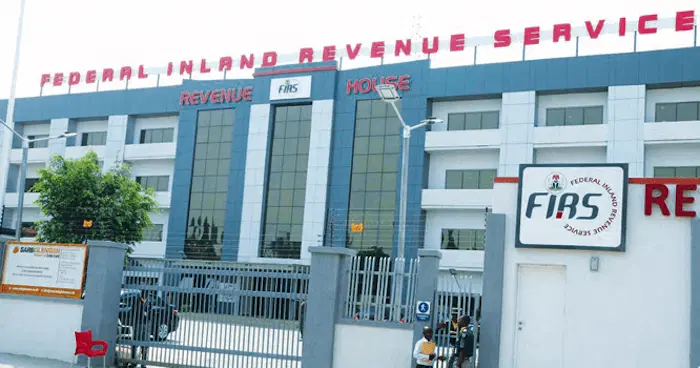The Federal Inland Revenue Service (FIRS) has commenced stakeholder engagement for its proposed e-Invoicing and e-Valuation solution, a key initiative designed to revolutionise digital taxation in Nigeria. This innovation aims to enhance tax administration, improve compliance, and ensure transparency by leveraging technology to accurately monitor and evaluate taxable goods and services.
In her welcome address, Amina Ado, Coordinating Director of the Large Tax Group, highlighted the transformative potential of the National E-Invoicing Solution. Represented by Dr Olabode Olatunji, Director of Large Tax, Telecoms, and Financials, she described the initiative as a strategic step toward fostering efficiency, transparency, and accountability in tax administration.
“Our engagement today serves as an important platform for dialogue, collaboration, and shared insights as we navigate the pilot rollout of this solution,” she said. “The e-invoicing system is not just a technological innovation but a strategic enabler that aligns with international best practices, ensuring seamless tax compliance, reducing revenue leakages, and enhancing the ease of doing business in Nigeria.”
The pilot phase will commence with selected large taxpayers, with insights gained used to guide broader implementation across various sectors. Ado added, “Through detailed presentations, discussions, and expert insights, we will explore how this solution integrates into your business operations and the tax ecosystem at large.”
Acknowledging potential challenges in transitioning to a new system, she emphasised FIRS’s readiness to support stakeholders: “FIRS remains committed to providing the necessary support and guidance to ensure a seamless adoption process for all stakeholders.”
Speaking to the media, Tayo Koleoso, Chief of Staff to the Executive Chairman of FIRS, noted the agency’s focus on engaging taxpayers. “As we start this new innovation of deploying an electronic invoice, also called a merchant buyers’ service solution, the idea is to meet with large taxpayers and understand their requirements as we continue our journey into what we call Tax Administration Solution 3.0,” he explained.
Koleoso added that the system will integrate with electronic reporting, POS systems, and cloud solutions to enhance efficiency and enable better data exchange between businesses and tax administration. “This innovation provides more data for businesses to make intelligent decisions and for the country to shape fiscal and monetary policies,” he noted.
According to FIRS, an e-Invoice is a machine-readable digital document enabling automated processing by the recipient’s accounting systems. The National E-Invoicing Solution, developed locally by D’Accubin Technology Limited, follows global standards. Technology Lead Sadiq Arogundade emphasised its compliance with international data protection and invoice interchange standards, adding, “We built this in-house, ensuring it aligns with global best practices.”
The initiative, which uses the BIS Billing 3.0 UBL standard for seamless exchange of e-invoices across platforms, is expected to streamline business operations and tax compliance nationwide. According to FIRS, an invoice generated in a structured electronic format via digital means is considered an electronic invoice. However, a paper invoice converted into an electronic format by copying, scanning, or other methods does not qualify as an electronic invoice.
A B2C invoice is issued by a business to a consumer, including simplified tax elements such as seller details, invoice number, date, goods or services description, total amount, and applicable taxes.
ALSO READ FROM NIGERIAN TRIBUNE
